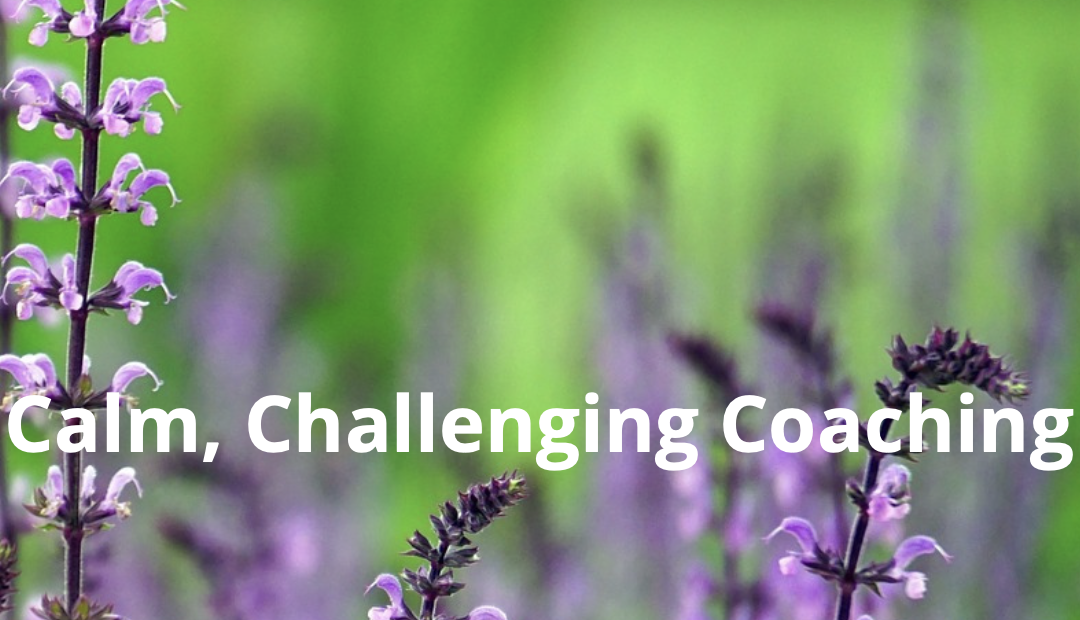It’s not because I am lazy, but as a Coaching Psychologist, I know that they are statistically likely to fail within a few weeks. Statistics on this vary from 8% success to around 50% success, however the data collection is varied in its accuracy and bias. Resolutions are mired in schemas of failure, are often planned in haste, or so far reaching that they intimidate and leave feelings of guilt in their wake when they fail.
Those who appear to be more successful in setting and keeping New Year’s Resolutions over a 3 or 6 month period are people who set approach goals, rather than negative goals. In other words goals that move towards something rather than away from a type of behaviour. So, if the idea is to eat more healthily to lose weight, these goals might be phrased to ‘eat one vegetarian meal a week’ or to ‘have two servings of salad or vegetables every day’, rather than to ‘eat less junk food’. They are also more likely to succeed if they are phrased as SMART goals (specific, measurable, attainable, relevant, and timed) rather than vague resolutions to ‘be happier’ or ‘read more’.
So, do I not set goals at all?
Of course, I do! I use the relatively quiet months of January to take stock, to see which of my goals are on track, celebrate my achievements and see what I can do that will move me forwards even more. I do the same in August, another month when people are on holiday, and I have the space to really think and plan.
January last year was incredibly productive for me, as I submitted my portfolio of evidence to the British Psychological Society for my application for Chartered status (a process that started the year before); I also passed all the hurdles required to gain ICF Professional Certified Coach (PCC) recognition; and was appointed to be the Programme Coordinator for the Institute of Positive Psychology Coaching. Additionally, the book chapter I co-authored for a text book on Adventure Psychology was going through its final edits.
I started some projects that had been sitting on a shelf for a while: rebuilding my website for one, which was connected to the long pondered, and finally made decision to move back to the UK from Dubai. Nothing like an international move for creating momentum for updating systems.
The results were great: I achieved Chartered Coaching Psychologist status with the BPS; additionally was added to the register of Applied Professional Psychology Supervisors; was invited to become a course leader for the Science of Wellbeing for Positive Psychology Coaching course with the Institute of Positive Psychology Coaching (IPPC); relaunched my website successfully and, although the book publication date has been delayed, it will be published very soon (the link to the publication is https://www.routledge.com/Adventure-Psychology-Going-Knowingly-into-the-Unknown/Reid-Brymer/p/book/9781032003047). I also made the decision to stop doing other things: things that were a distraction and that I did not feel were taking me in the right direction.
This annual decluttering, both mental and physical is important. If there is something sitting on your To Do list months after it was put on it, ask yourself ‘why have I not started this yet?’. ‘Is this still relevant to me today?’ and even ‘how will I feel if I decide not to do this?’.
It is okay to decide a goal you have previously set is no longer relevant. By removing these space-blockers, you will likely also remove some stress, feelings of guilt, and clear your way to achieving what you really want to achieve. So ask yourself:
- What is cluttering up your mind?
- What goals are no longer relevant to you
- What do you want to move towards this year?
If you would like help to mentally take stock and declutter, I have space for a few new clients.







